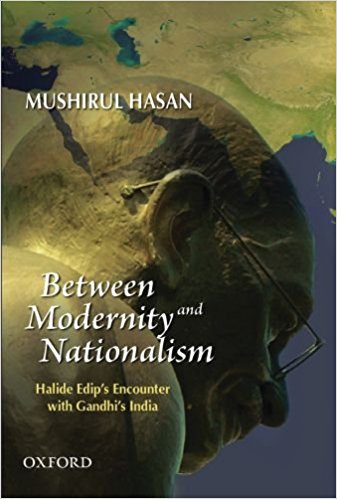A visitor from Mars in the sixteenth century, Marshall Hodgson used to say, might well have identified the wide network of ‘Islamicate’ societies as the most dynamic and dominant, politically and cul-turally, of all the civilizations on Planet Earth.1 The Ottoman, Safavid, and a bit later the Mughal empires were all very much on the rise, expanding and encompassing new terri-tories and diverse populations.
The transition over the following three and a half centuries of a world of cosmopolitan empires to one of nation states is a standard theme of modern history. From the Ottoman Empire to the Turkish Republic, on the one hand, and from the Mughal Empire to the Republic of India, on the other, each whittled down and reformulated, either late-comers ‘to the drab nineteenth-century sisterhood’, as E.M. Forster’s Fielding puts it at the close of A Passage to India, or triumphs of national libe-ration, these contrasting histories are worthy subjects for historical comparison.
Even with-out the other nation states that have Ottoman or Mughal roots, proximate or more distant, this is a formidable enterprise. As in most comparisons, the differences are more instruc-tive than the similarities.


Muchas gracias. ?Como puedo iniciar sesion?
928750 819688For anybody who is interested in enviromentally friendly things, might possibly surprise for you the crooks to keep in mind that and earn under a holder simply because kind dissolved acquire various liters to critical oil to make. every day deal livingsocial discount baltimore washington 971401
335291 528172you could have a amazing weblog here! would you wish to make some invite posts on my weblog? 200137
483033 807790very good day, your internet site is cheap. I do several thanks for succeed 193333